I’ve spent decades preparing for every disaster imaginable, but a massive solar flare? That’s the big one that keeps me up at night. It’s not a question of if, but when. The last major solar storm to hit Earth was in 1859, and it fried telegraph lines across the globe. Now imagine that same power unleashed on our modern, electricity-dependent world. We’re talking about potential widespread blackouts lasting months, satellite failures, and communication breakdowns. But don’t panic – with the right knowledge and preparation, you can weather this cosmic storm. Here are 21 crucial tips to help you survive when the sun decides to throw a tantrum.
Understand the Threat

A massive solar flare, or coronal mass ejection (CME), can send billions of tons of solar particles hurtling towards Earth at millions of miles per hour. When these particles hit our magnetosphere, they can induce powerful ground currents that can overload power grids. The 1989 Quebec blackout was caused by a relatively minor solar storm, plunging 6 million people into darkness for 9 hours. A truly massive flare could knock out power for months across entire continents. The most vulnerable components of our power grid are the large transformers, which can take years to replace if damaged.
Build a Faraday Cage

A Faraday cage is your best defense against the electromagnetic pulse (EMP) from a solar flare. It’s a conductive enclosure that blocks electromagnetic fields. You can make a simple one using a metal trash can lined with cardboard. Store spare electronics like radios, small solar panels, and battery chargers inside. I keep several Faraday cages of various sizes, including a large one built into a spare room. Remember to ground your Faraday cage for maximum effectiveness – a simple copper wire connected to a grounding rod can make a big difference.
Stock Up on Non-Perishable Food

In a prolonged blackout, food supply chains will quickly break down. Store at least a 3-month supply of non-perishable foods. Rice, beans, canned goods, and freeze-dried meals are all good options. Don’t forget comfort foods – a familiar snack can be a huge morale booster. I rotate my food storage regularly and always keep enough to feed my family and a few neighbors for 6 months. Pay attention to calorie density when selecting foods – items like peanut butter and olive oil pack a lot of calories in a small space.
Secure a Reliable Water Source
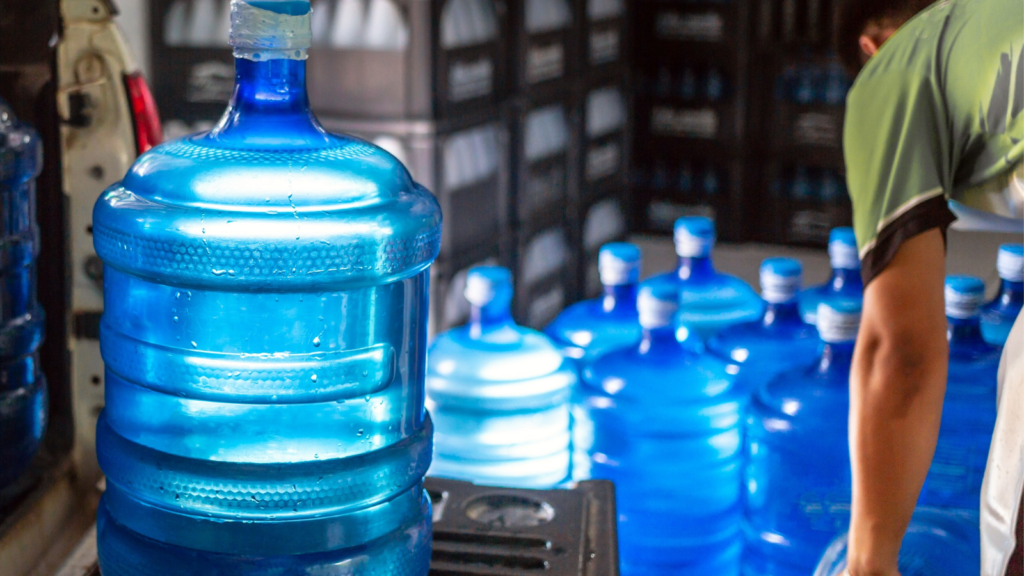
Without power, water treatment plants and pumps will fail. Store at least 1 gallon of water per person per day for drinking and sanitation. For a family of four, that’s 120 gallons for a month. But don’t stop there – have multiple ways to purify water. I use a combination of stored water, rain catchment systems, and portable filters like the Sawyer Mini. Learn to locate and access natural water sources in your area – knowing where to find water could be a lifesaver when stored supplies run out.
Invest in Solar Power
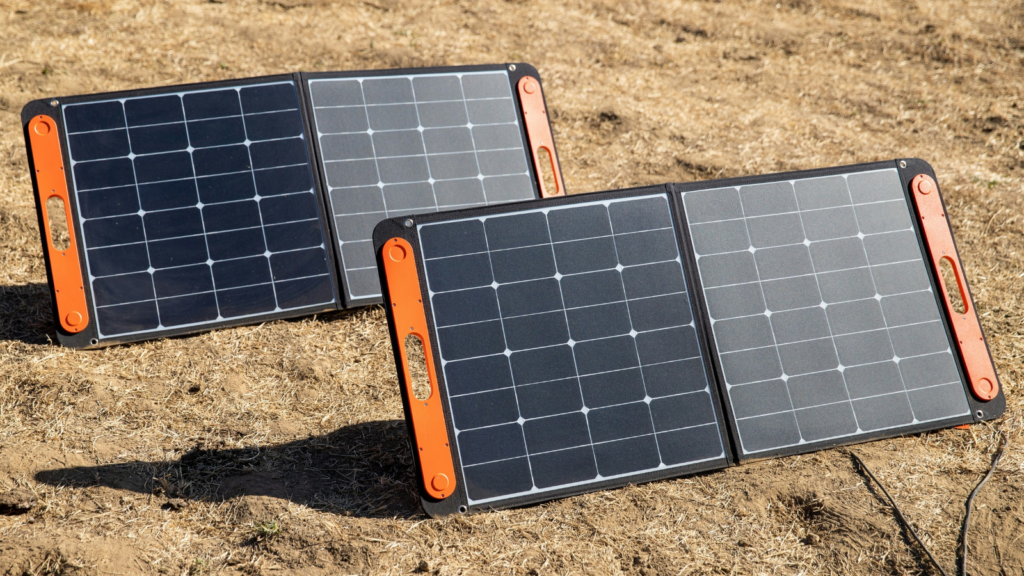
The irony of surviving a solar flare with solar power isn’t lost on me. Small, portable solar panels and battery banks are less likely to be damaged than the power grid. They can keep essential devices running. I have a substantial system that can power lights, communications, and small appliances. Remember to store these in your Faraday cage when not in use. Consider adding a manual transfer switch to your home’s electrical system – this allows you to safely connect a solar or generator system to your home’s wiring without risking back-feed to the grid.
Learn to Cook Without Electricity
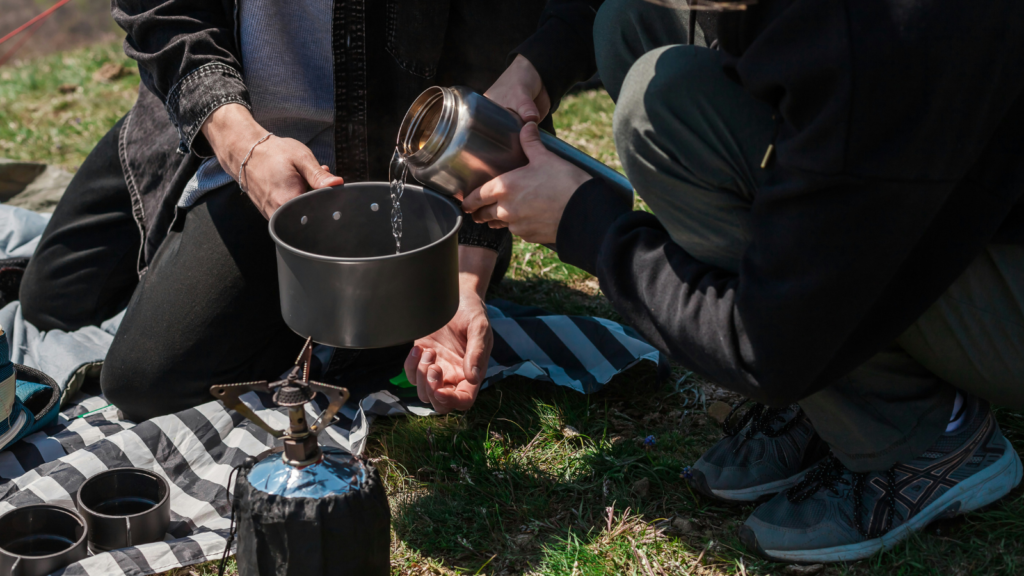
When the power goes out, you’ll need alternative cooking methods. Camp stoves, solar ovens, and rocket stoves are all good options. I’ve built a high-efficiency rocket stove that can cook a meal with just a handful of twigs. Practice using these methods now – you don’t want to be learning when you’re hungry and stressed. Don’t forget about fuel storage – even the best stove is useless without fuel, so stock up on propane, wood, or other appropriate fuels for your chosen cooking method.
Stock Up on Medications

If you rely on prescription medications, a prolonged blackout could be life-threatening. Work with your doctor to stockpile at least a 3-month supply. Rotate your stock to keep it fresh. Don’t forget over-the-counter meds and first aid supplies. I keep a year’s supply of all essential meds, properly stored to extend their shelf life. Research natural alternatives or complementary treatments for your conditions – in a long-term scenario, these could be valuable supplements to your medication stockpile.
Have a Communication Plan
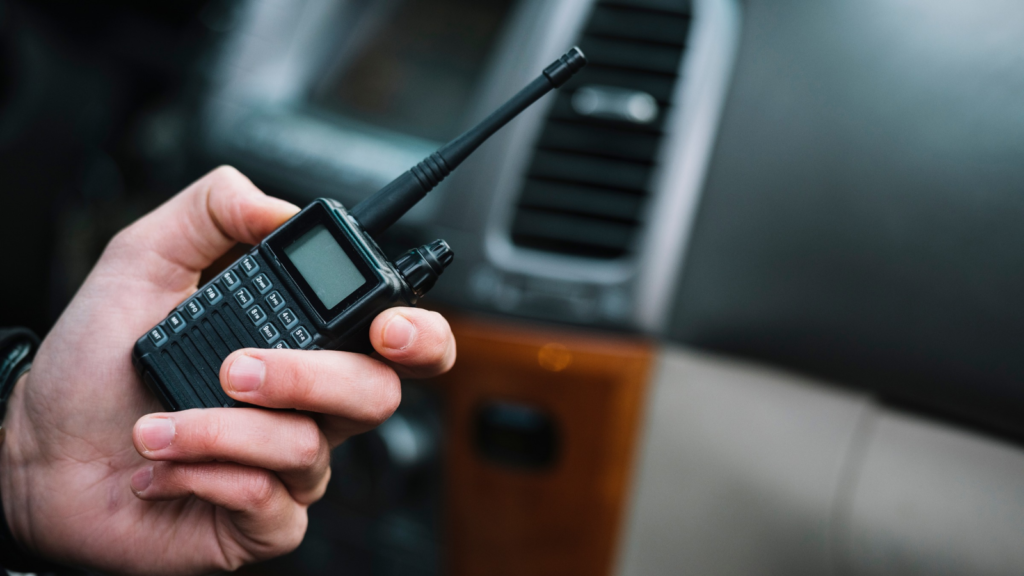
Cell phones and internet will likely be down. Have multiple ways to communicate with loved ones. Hand-crank radios, walkie-talkies, and even signal mirrors can all play a role. Agree on a plan ahead of time – where to meet, who to contact. My family practices our comm plan monthly, using different scenarios each time. Consider learning Morse code – it’s a versatile communication method that can be used with light, sound, or even touch in extreme situations.
Prepare for No GPS
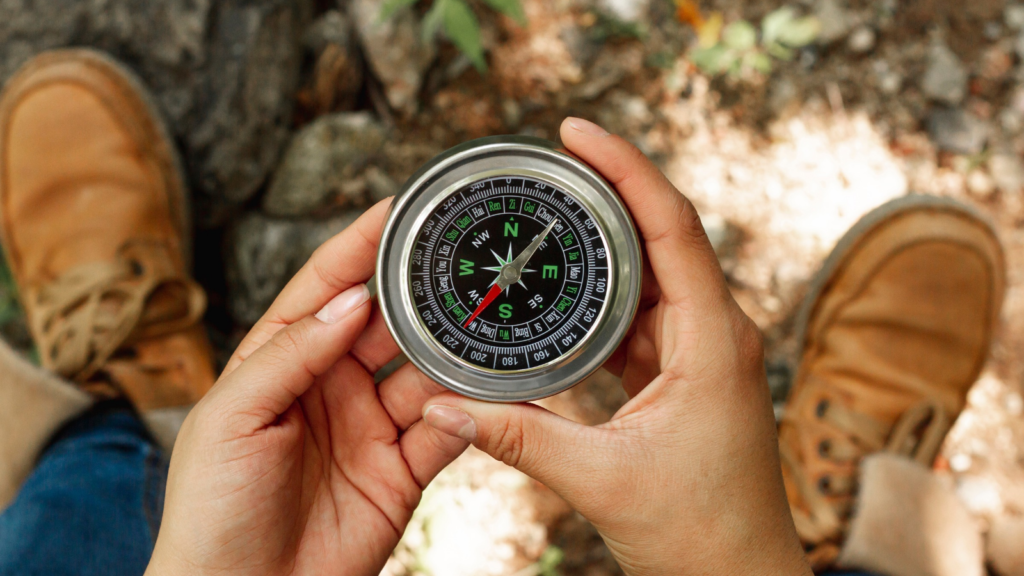
We’ve become overly reliant on GPS. In a post-flare world, those satellites might be fried. Learn to navigate with map and compass. Know multiple routes to important locations like your rally points or supply caches. I regularly practice orienteering and keep detailed maps of my area in waterproof containers. Learn to navigate by the stars – it’s a skill that’s served humanity for thousands of years and could be crucial when all electronic navigation fails.
Harden Your Home
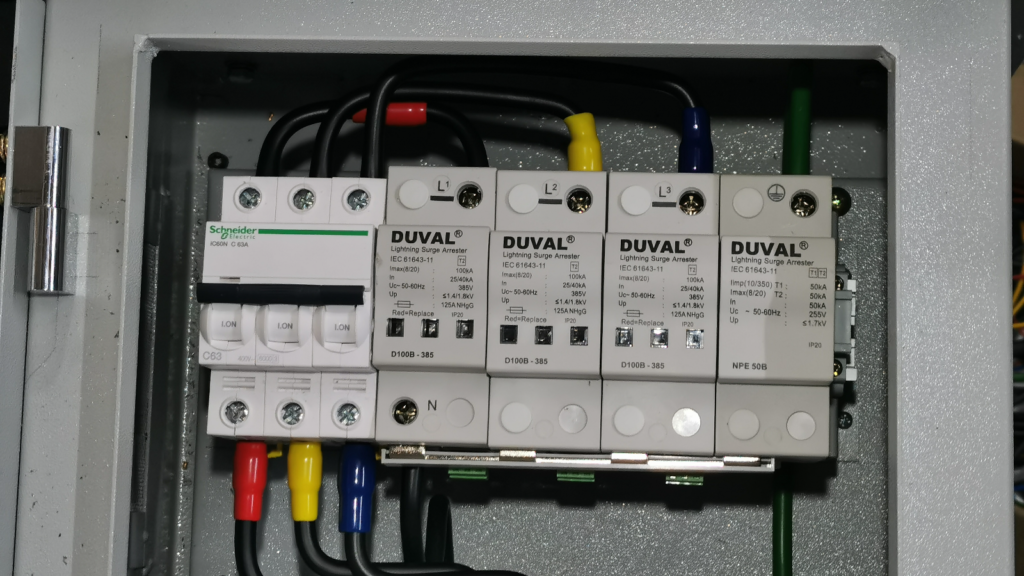
Your home is your castle – make it a stronghold. Install surge protectors on important circuits. Have manual backups for garage doors and other powered systems. Consider a whole-house surge protector for added protection. I’ve gone a step further and installed a Faraday cage around my main breaker box to protect my home’s electrical system. Don’t forget about non-electrical systems – make sure you have manual backups for essential home functions like heating, cooling, and water supply.
Learn Basic Electrical Repair
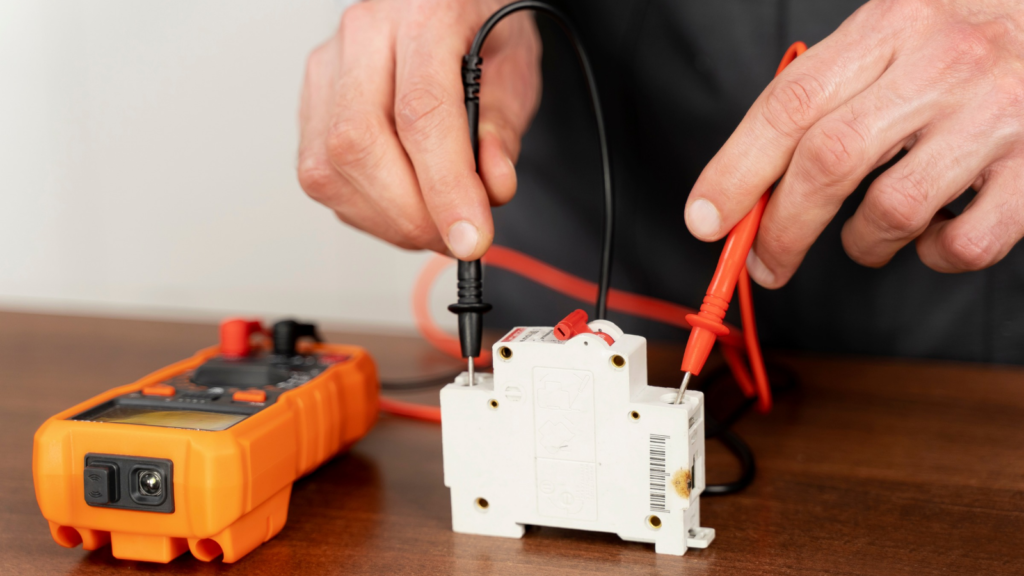
Basic electrical skills could be crucial in repairing damaged equipment. Learn to rewire simple devices, replace fuses, and safely work with batteries. I’ve taken courses in electrical repair and keep a well-stocked toolkit for both preventative maintenance and post-event repairs. Familiarize yourself with the concept of improvised electronics – knowing how to create simple circuits from scavenged components could be invaluable in a long-term grid-down scenario.
Create a Neighborhood Support Network
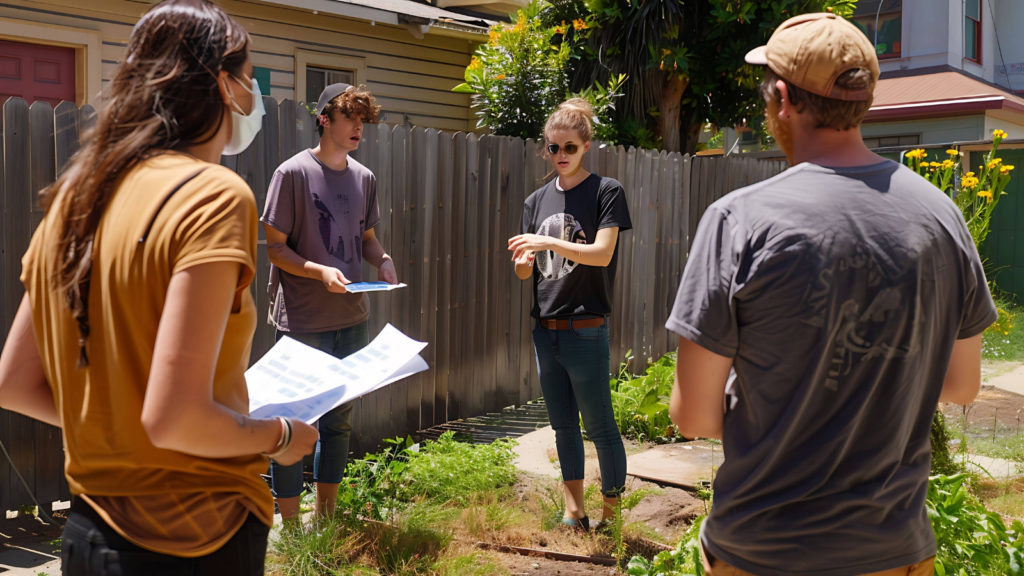
In a prolonged crisis, community will be key to survival. Get to know your neighbors now. Understand their skills and needs. Create a neighborhood emergency plan. We have regular block parties that double as prep events, sharing skills and building community resilience. Consider creating a neighborhood skills inventory – knowing who has medical training, engineering knowledge, or other valuable skills can help you organize an effective community response.
Stay Physically Fit
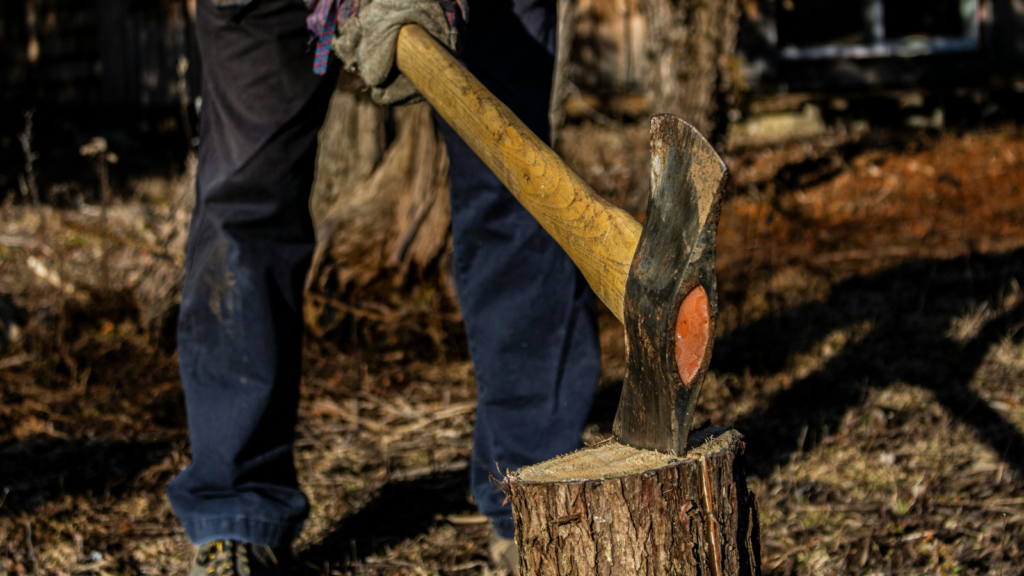
Physical fitness could be the difference between life and death in a prolonged crisis. Start a fitness routine now. Focus on functional fitness – activities that mimic real-world tasks. I do a mix of weightlifting, cardio, and practical skills like chopping wood and carrying water. Don’t neglect flexibility and mobility work – being able to move efficiently and without injury is crucial in a survival situation.
Learn to Preserve Food Without Refrigeration
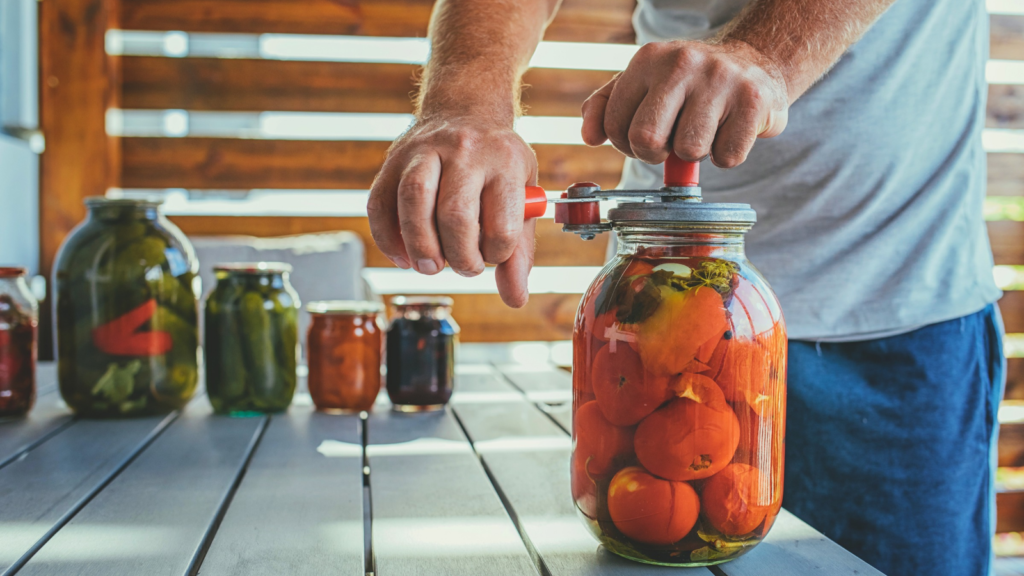
When the power goes out, you’ll need to preserve food without refrigeration. Learn techniques like canning, dehydrating, and smoking. Practice these skills now. I grow and preserve enough food each year to last my family through winter, using a variety of preservation methods. Experiment with fermentation – it’s an ancient preservation technique that can also provide beneficial probiotics, crucial for gut health in a long-term survival situation.
Have a Evacuation Plan
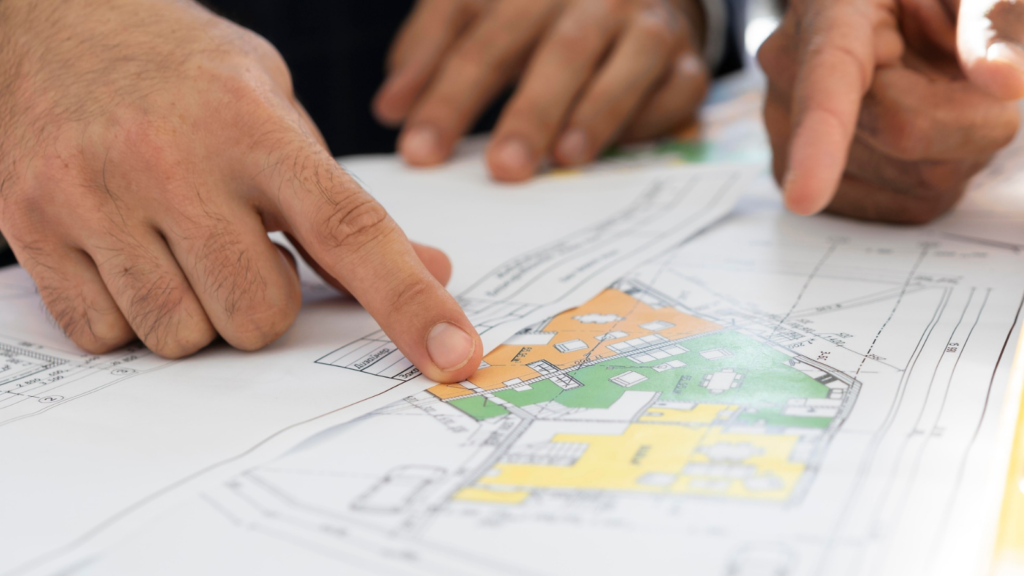
In some scenarios, staying put might not be an option. Have a bug-out bag ready for each family member. Know multiple evacuation routes. Have predetermined rally points. We do quarterly bug-out drills, always to different locations and using different routes. Include plans for your pets in your evacuation strategy – have carriers, food, and any necessary medications ready to go.
Invest in Night Vision

In a prolonged blackout, the ability to see at night could be a huge advantage. Consider investing in night vision goggles or thermal imaging devices. Store them in a Faraday cage when not in use. I have a set for each adult family member, along with backup power sources. Practice using these devices regularly – they take some getting used to, and you don’t want to be learning in a high-stress situation.
Learn to Repair Mechanical Devices
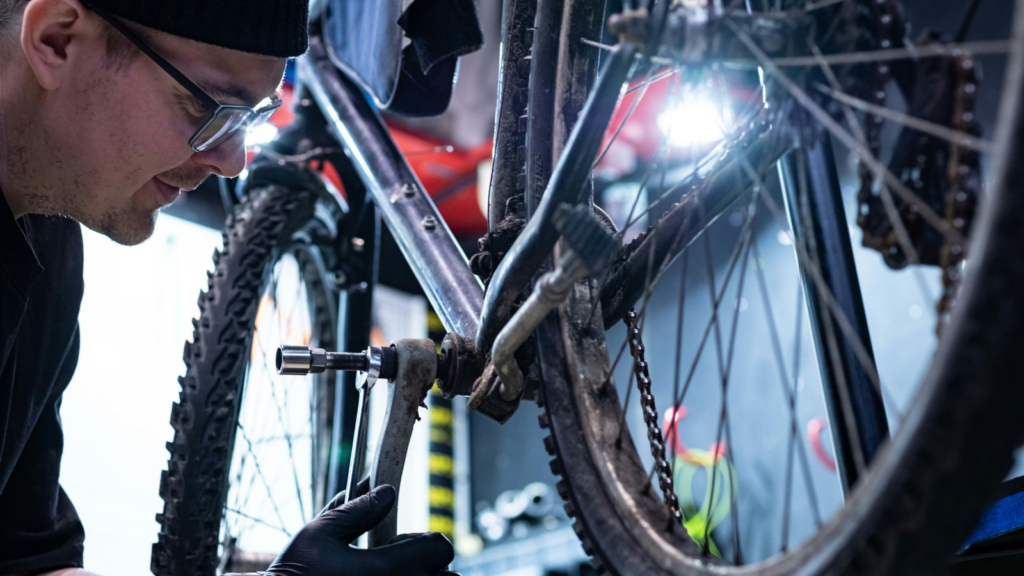
Many mechanical devices will still work post-flare, but they’ll need maintenance. Learn basic repair skills for things like bicycles, hand pumps, and manual tools. I’ve set up a well-equipped workshop and regularly practice repairing and maintaining various tools and machines. Focus on learning to repair and maintain non-electric versions of essential tools – things like manual sewing machines, hand-powered drills, and mechanical clocks could become invaluable.
Build a Library of Physical Books
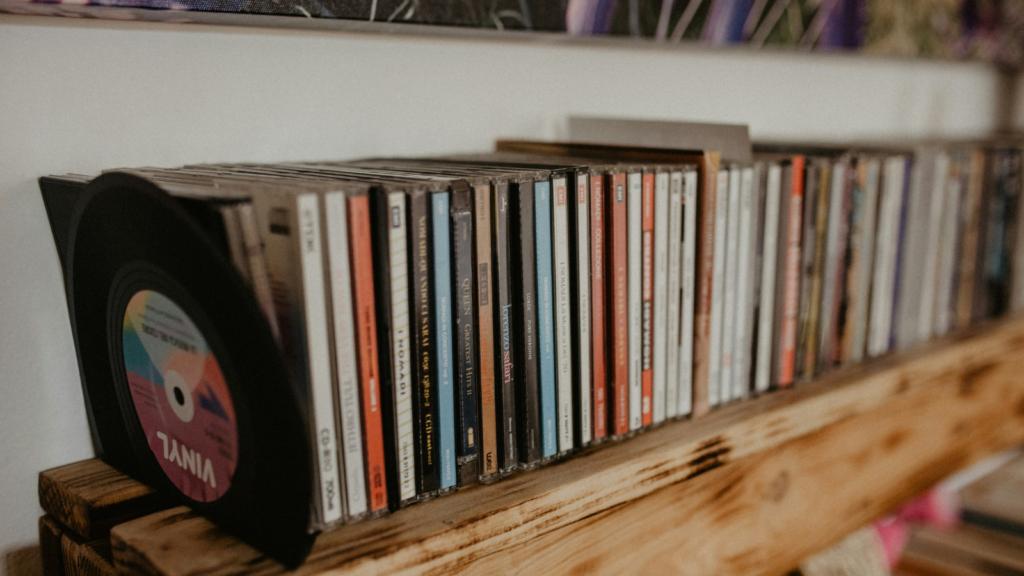
When Google is down, a good reference library will be invaluable. Collect books on survival skills, local plant and animal identification, first aid, and practical trades. Don’t forget maps and entertainment books too. My library has over 1,000 carefully chosen volumes, protected from the elements and regularly reviewed. Consider including some basic textbooks on subjects like mathematics, physics, and chemistry – this knowledge could be crucial for rebuilding in a long-term scenario.
Practice Situational Awareness

In a crisis, being aware of your surroundings can keep you safe. Practice situational awareness daily. Notice exits when you enter buildings, be aware of people around you, trust your instincts. I regularly run “what-if” scenarios in my head to stay sharp and prepared. Learn to read body language and baseline behaviors – being able to spot when something’s “off” can give you precious extra seconds to react in a dangerous situation.
Learn to Barter and Negotiate

In a post-flare world, the ability to barter and negotiate could be crucial. Stock up on small, valuable items for trade. Learn to assess the value of goods and services. Practice your negotiation skills. I keep a stock of items like salt, sugar, and small tools specifically for bartering. Develop a skill that’s always in demand – things like basic medical care, equipment repair, or food preservation can make you a valuable trading partner in any community.
Maintain Operational Security

As you prepare, be mindful of operational security (OPSEC). Don’t broadcast your preps to the world. Be careful about who you trust with information about your supplies and plans. I operate on a need-to-know basis, even with extended family members. Learn to use coded language or signals with your trusted group – this can allow you to communicate important information without alerting others to your preparations or resources.

